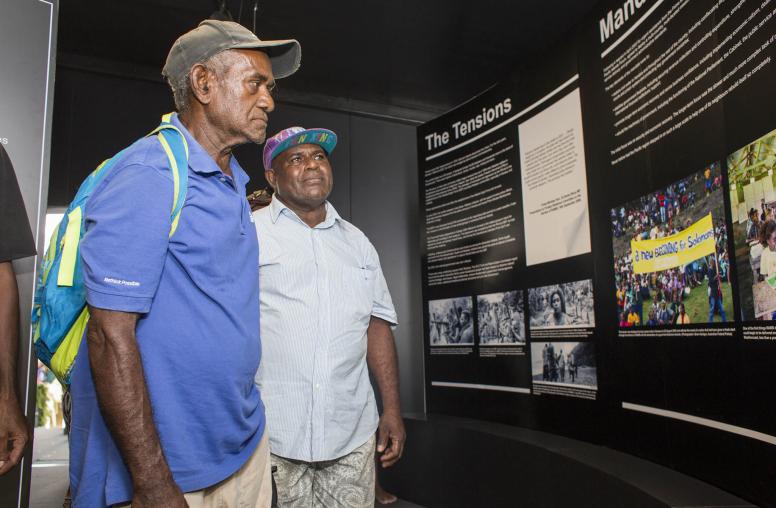From Dissent to Democracy
The Promise and Perils of Civil Resistance Transitions
Nonviolent protest has proven to be a strong driver for democratization, and recent years have shown a rise in protest movements globally—from Hong Kong to Algeria to Sudan. Yet, popular uprisings don't always lead to democratic transitions, as seen in the Arab Spring revolutions in Egypt or Yemen. Why do some transitions driven by movements end in democracy while others do not?
In his new book, “From Dissent to Democracy,” Jonathan Pinckney systematically examines transitions initiated by nonviolent resistance campaigns and argues that two key factors explain whether or not democracy will follow such efforts. First, a movement must sustain high levels of social mobilization. Second, it must direct that mobilization away from revolutionary "maximalist" goals and tactics and towards support for new institutions.
On July 31, USIP hosted activists and scholars of nonviolent resistance for a discussion of the book’s broader lessons on how to support democratization efforts around the world. The conversation explored new insights into the intersection of democratization and nonviolent resistance, as well as actionable recommendations for activists and policymakers working toward democratic transitions.
Continue in the conversation on Twitter using #PeoplePower4Peace.
Speakers
Erica Chenoweth
Berthold Beitz Professor in Human Rights and International Affairs, Harvard Kennedy School
Zachariah Mampilly
Marxe Chair of International Affairs, City University of New York
Hardy Merriman
President and CEO, International Center on Nonviolent Conflict
Jonathan Pinckney
Program Officer, Nonviolent Action, U.S. Institute of Peace
Huda Shafig
Program Director, Karama
Maria Stephan, moderator
Director, Nonviolent Action, U.S. Institute of Peace




